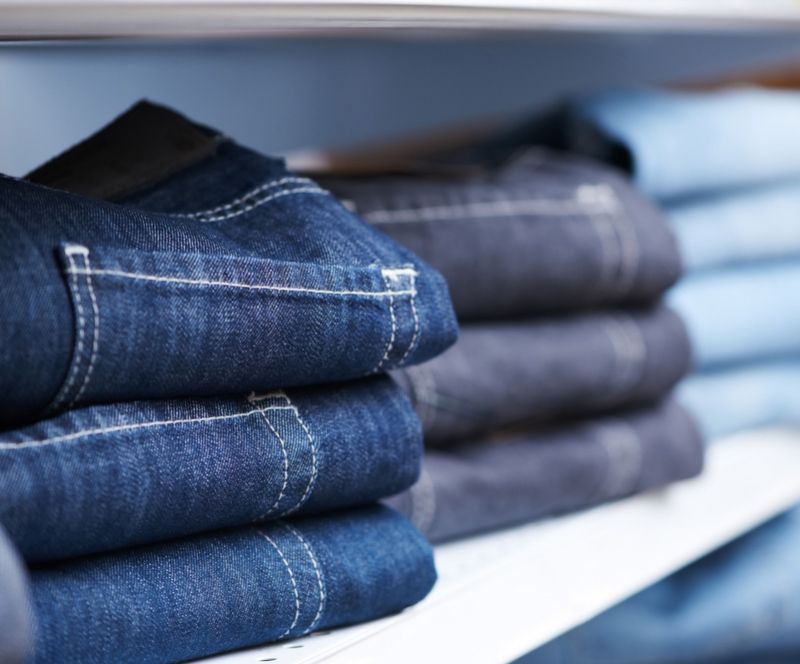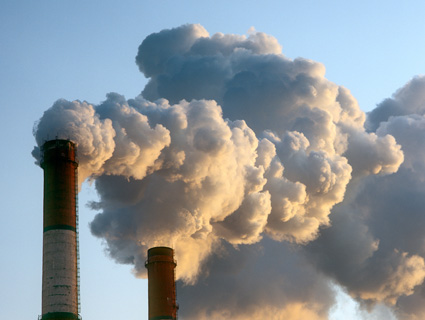
Even the mannequins are protesting.<a href="http://samsulsaid.wordpress.com/2010/07/10/mannequin/">Samsul Said</a>
Talk about dirty laundry.
Last month we learned that our jeans and Ts might contain cancer causing chemicals. The news came from a Greenpeace report which also charged some of the world’s largest clothing manufacturers with dumping toxic dyes and other pollutants into the waterways.
The report sparked protests in 80 cities around the world from Greenpeace supporters who set their sights on Zara, the world’s largest clothing retailer. Seven hundred protesters staged mannequin walkouts at Zara stores launching Greenpeace’s Detox Campaign.
The effort seems to be working: Zara, its parent company Inditex, and Spanish-based retailer Mango pledged last week to eliminate all hazardous chemicals in their supply chains and products by 2020. Inditex will begin by requiring 120 of its suppliers to disclose pollution data by the end of next year, informing people living near these facilities about what chemicals are being discharged into their local environment.
While Greenpeace hails Zara’s new pledge as a victory, reaching the 2020 commitment of removing toxic chemicals entirely will probably require a total overhaul of Zara’s supply chain. If, like Walmart, Zara uses subcontractors, that would be quite a tall order.
For the sake of the people who live nearby these plants and the various species and plantlife that depend on these water sources (not to mention the 7 billion people who routinely wear clothes) here’s hoping that Zara can make good on its promise.















